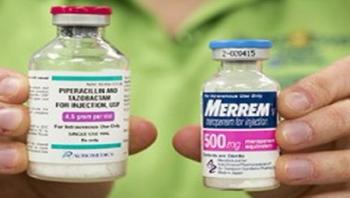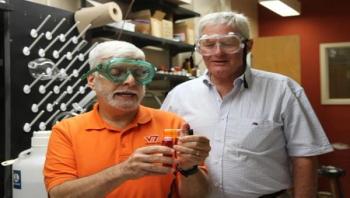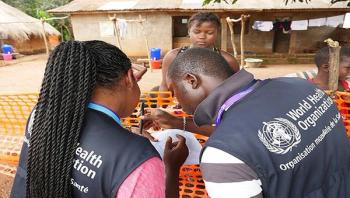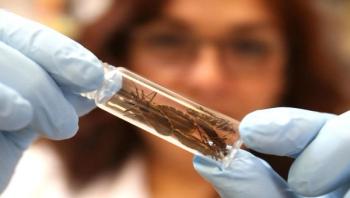
Bacteria aren't the only nonhuman invaders to colonize the gut shortly after a baby's birth. Viruses also set up house there, according to new research at Washington University School of Medicine in St. Louis. All together, these invisible residents are thought to play important roles in human health. The study, published online Sept. 14 in Nature Medicine, reports data from eight healthy infants and is one of the first surveys of viruses that reside in the intestine. The investigators analyzed stool samples to track how the babies' bacterial gut microbiomes and viromes changed over the first two years of life.












